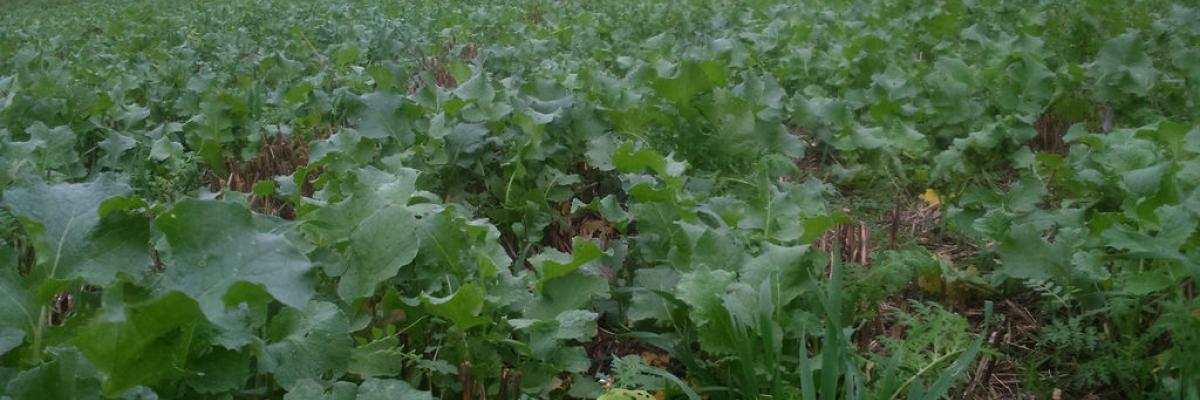
Cover, Catch and Companion Crops
Benefits, Challenges and Economics for UK Growers
Download the PDF
Agricultural policy and legislation allow use of cover crops in the ‘greening’ elements of cross-compliance and agri-environment scheme management options. This report by the Game & Wildlife Conservation Trust (GWCT), with support from the Frank Parkinson Agricultural Trust, highlights potential benefits of cover cropping; from improving soil health, structure, nutrient recycling, and reducing nutrient leaching, to helping reduce soil erosion and improve water quality. It outlines how cover cropping can help with weed, disease and pest management, some of which rely on natural processes such as bio fumigation, allelopathy and increasing numbers of ‘crop pest’ predators. It also explores how improving conditions and habitat for earthworms and pollinators through cover cropping can be economically beneficial, and outlines how cover crops can help deliver ecosystem services improvements through cleaner water, healthier soil and greater carbon sequestration. The challenges of growing cover crops and potential impacts on crop yields are also explored, as are financial implications.
Please see here for a summary of the main points provided by the GWCT.

